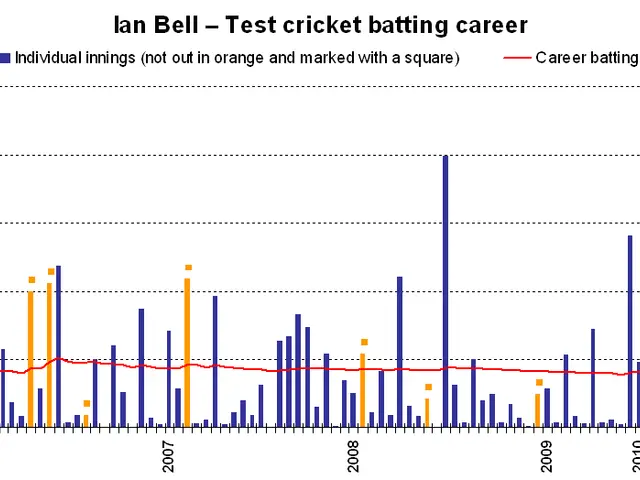Uncertainty looms over the upcoming hurricane season as its peak approaches
The 2024 hurricane season was marked by unusual activity, with a record-breaking early formation of Hurricane Beryl as a Category 5 in July, followed by an unusual lull and a late resurgence of deadly storms like Helene. This bizarre and hyperactive season was primarily driven by warmer-than-average sea surface temperatures in the tropical Atlantic Ocean and Caribbean Sea, combined with an active West African Monsoon that seeded powerful storms. Neutral El Niño-Southern Oscillation (ENSO) conditions neither suppressed nor enhanced storm activity, allowing storms to develop more freely.
However, these climate factors promoting storm formation and intensity were accompanied by shifting atmospheric patterns that created unusual storm trajectories and intensification cycles. The North Atlantic High pressure system initially steered tropical waves unusually far south, impacting storm tracks and development. Variability and sudden shifts in the West African Monsoon's position altered the typical source regions for Atlantic hurricanes. Forecast models also struggled with discrepancies in predicting wind shear and sea surface temperature anomalies, impacting intensity forecasts and timing.
These evolving conditions have complicated the performance and confidence of traditional forecasting models, requiring ongoing adjustments and increased reliance on real-time data to improve storm predictions. The 2024 hurricane season's anomaly has raised questions about the reliability of traditional forecasting models, as institutions like Colorado State University noted difficulty predicting the lower wind shear patterns and atmospheric conditions in the Caribbean during summer 2024.
The quiet period in 2024, defying initial predictions, has prompted a recalibration in the outlook for the hurricane season. The cause of the quiet period is attributed to an unusual blend of factors: persistent warm air layers, intermittent dry pockets over the ocean, strong wind shear, and a strange pattern that saw some storm systems veer northward. Despite the quiet period, three of the hurricanes in 2024 were Category 3 or stronger, tipping the year into "hyperactive" territory.
As the most dangerous weeks of hurricane season approach, meteorologists are finding it harder than ever to forecast what the Atlantic might deliver. The system hasn't yet faced a major hurricane since these constraints set in, a reality that worries emergency managers and local officials. The warm water in the Atlantic is like fuel for storms, and unless tropical systems emerge to siphon it off, conditions may become even more volatile.
Concerns are growing over the weakened federal weather agency's ability to respond during peak storm months, with budget cuts hampering response capabilities. A postmortem from a team of 20 scientists is conducted to explain the bizarre hurricane behavior in 2024. As climate change throws more curveballs, those models are under increasing strain. The 2024 hurricane season, initially expected to be overactive, has been revised to eight storms by researchers at Colorado State University. The stretch of ocean where many cyclones form was nearly 0.9°F (0.5°C) above normal as of July 23, one of the hottest readings on record for this time of year. The National Weather Service and other federal agencies responsible for tracking and responding to storms are grappling with staffing and funding shortages.
In summary, the 2024 hurricane season's anomaly was due to a combination of climate factors promoting storm formation and intensity, alongside shifting atmospheric patterns creating unusual storm trajectories and intensification cycles. These evolving conditions have complicated the performance and confidence of traditional forecasting models, requiring ongoing adjustments and increased reliance on real-time data to improve storm predictions.
Read also:
- Germany's three-month tenure under Merz's administration feels significantly extended
- United Nations Human Rights Evaluation, Session 45: United Kingdom's Statement Regarding Mauritius' Human Rights Record
- Hurricane-potential storm Erin forms, poised to become the first hurricane in the Atlantic Ocean this year.
- Amidst India's escalating climate crisis, transgender individuals continue to persevere.








